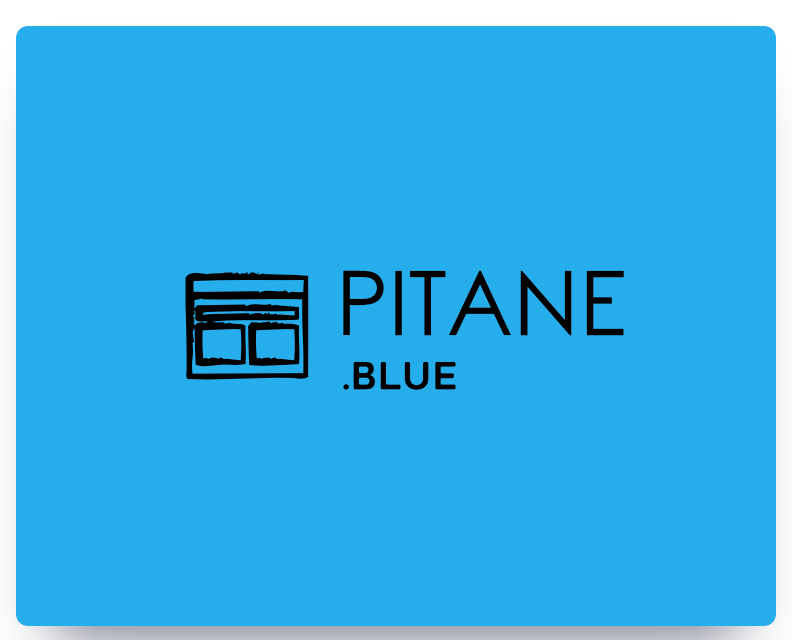Insuretechs must turn insurers into service providers. The days when insurers only offer an insurance policy are over. Consumers expect more and more and see insurers as service providers.
Banks have fintech, insurers insurtech.
The technological revolution sweeping through the financial industry is now also approaching the insurance world. Banks have fintech, insurers insurtech, a combination of insurance and technology. It has been very slow for a long time, but it is clear that the insurance sector is also starting to change.
According to a recent report, the so-called international 'insurtech market' will grow by an average of 2023% per year until 41. Investments in new insurance initiatives are increasing explosively: between 2017 and 2018, these investments doubled.
According to the FD, insurers experiment in the background by investing money in data analysis, artificial intelligence and machine learning, but the customer still notices relatively little in his claims handling.
Many insurers are exploring technology, but are not yet widely using it. Pilots are rarely rolled out across the organization. 'The barriers are in culturesaid insurtech expert Roger Peverelli in the FD.
'Insurance is by definition avoiding risk. But if you want to innovate, you will have to dare to take risks at some point. '
Radical change, great examples in the Netherlands.
There are also newcomers who, often in collaboration with well-known parties, are radically changing the market and developing really new products. Well-known Dutch examples are the box in the car that gives a discount on the ANWB insurance premium if you drive neatly, Achmea subsidiary InShared, which works entirely online and returns part of its income, after deduction of costs, to the customer. Or Fixico, the app that ensures fast handling of car damage.
Taxis can insure their own car with Zego.
One of the largest investments ever in a European insurance start-up was made in Zego. Founded in 2016 by two former Deliveroo employees, the company raised $ 42 million from investors from Berlin, among others.
The company offers insurance for participants in the so-called 'gig-economy': those who use their bicycle in the evening to deliver food on behalf of Deliveroo or UberEats can always insure that bicycle for a few hours. The cars and scooters that freelancers use for their work can also be insured.
This way, taxi drivers can also insure their own car. The deliverers set their own times and work one week more than the other. Traditional insurers have not yet aligned their policies with this new way of working or have completely ignored the submarket. Zego says it is much cheaper than traditional insurers.



